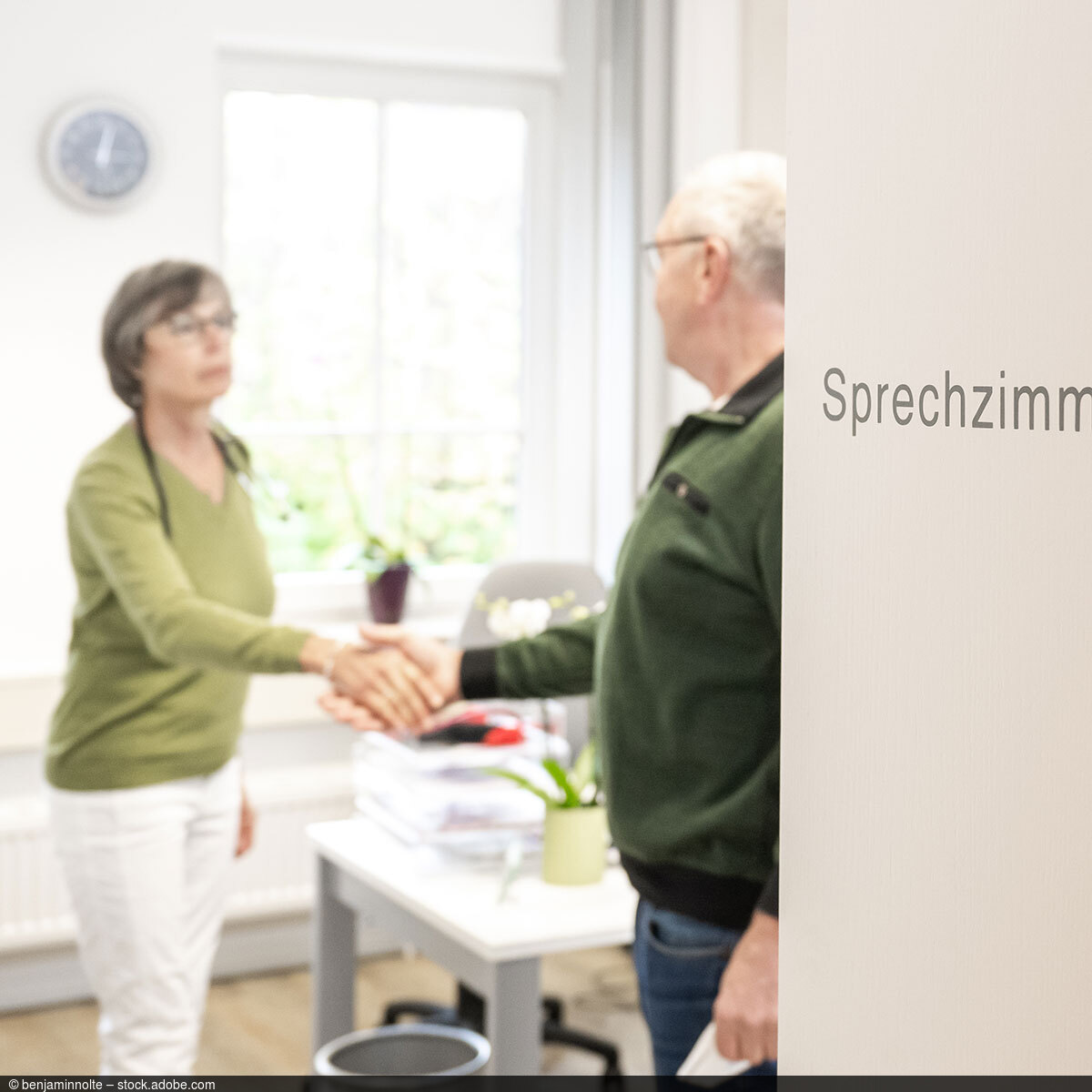GP Visits in Germany Are Short but Frequent
ResearchZEW Study on Consultation Times in Primary Care
The contact between doctors and patients is a key factor for good care, especially in primary care. Yet, the ideal duration for medical examinations and consultations – referred to as contact time – remains a topic of debate in health policy and the scientific community. A recent study by ZEW Mannheim, supported by the Strube Stiftung, reveals significant differences in primary care and reimbursement for primary care services among European countries. In comparison, Germany stands out in the data as patients spend little time during doctor visits but engage in a higher frequency of appointments.
“To inform discussions on advancing outpatient care in health policy, we must determine whether this service model aligns with societal preferences and is economically sustainable,” asserts Professor Simon Reif, head of ZEW’s Research Group “Health Care Markets and Health Policy” and co-author of the study.
Linking reimbursement schemes to contact time
In addition to a systematic analysis of existing literature, ZEW researchers compared descriptive data from various European countries and conducted qualitative interviews with doctors. One factor strongly linked to average contact time is how medical services are reimbursed. Countries where each service is billed separately have, on average, the longest contact times, while countries with performance-independent reimbursement have the shortest contacts.
Sabrina Schubert, a researcher in ZEW’s “Health Care Markets and Health Policy” Group and co-author of the study, explains: “It is also noticeable that there is an almost linear relationship between average contact time and frequency of contact. The design of the reimbursement scheme can thus serve as a lever to achieve the desired service provision.”
Lack of data hinders robust evidence
Currently, the research landscape on optimal primary care is very inconsistent. While various studies have shown that more experienced doctors require less time for their consultations and patients with a higher socioeconomic status have longer treatment discussions, the connection between contact time and treatment quality remains unclear. “This lack of clarity in research findings stems largely from inadequate data to empirically quantify these relationships,” explains co-author Jan Köhler, also a researcher in ZEW’s “Health Care Markets and Health Policy” Group. “To advance health care with evidence-based insights, improved data collection and studies that allow causal inferences are essential.”




